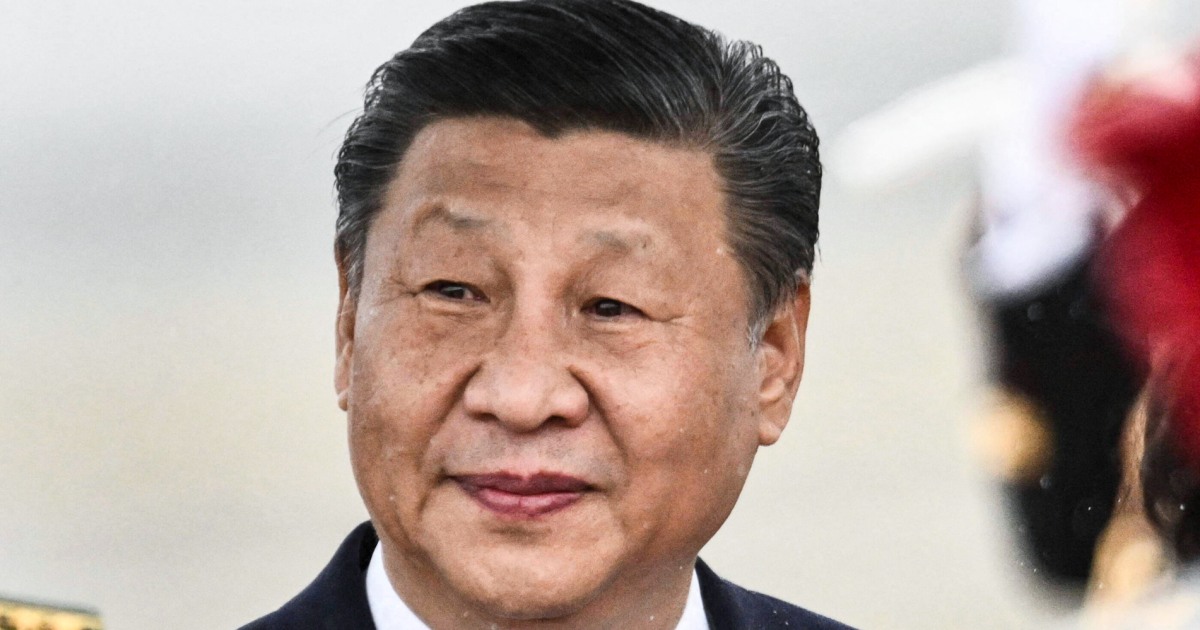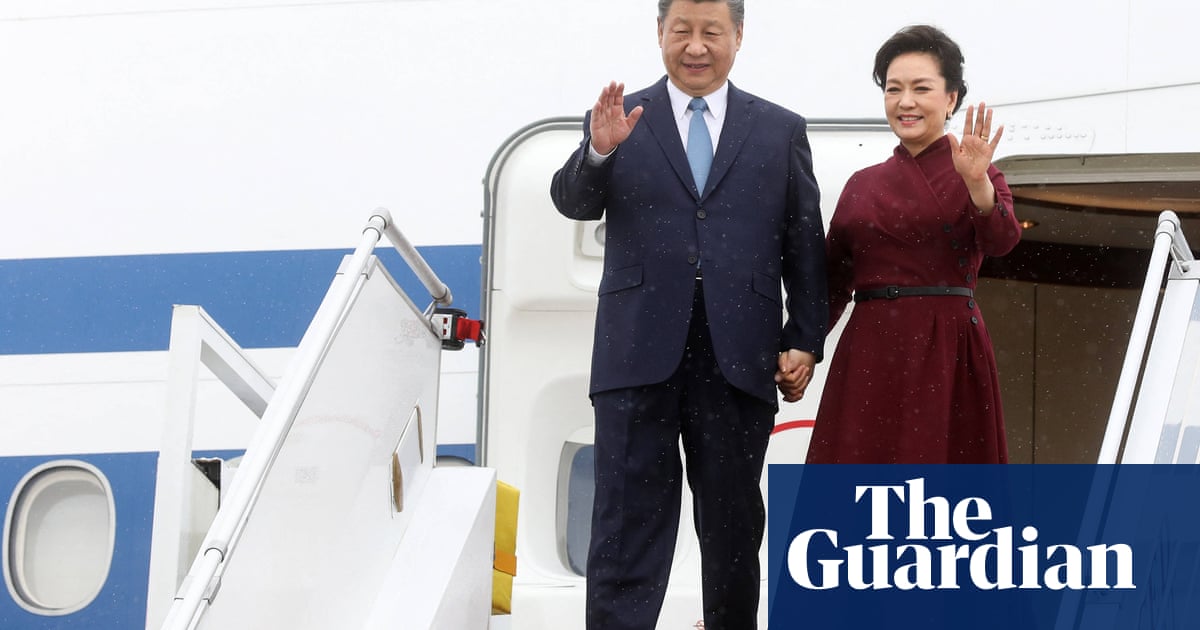
Chinese President Xi Jinping's visit to Europe in May 2024 marked a significant moment in EU-China relations, with trade and investment high on the agenda. Xi started his tour in Paris, where he was welcomed by French Prime Minister Gabriel Attal despite protests from activist groups seeking a free Tibet. During his stay, France aimed to make progress on opening the Chinese market to its agricultural exports and resolve issues around intellectual property rights in the French cosmetic industry.
Xi's visit came amid threats of a trade war between China and Europe over Chinese electric cars and French cognac. The EU had launched an investigation into alleged market-distorting practices by China, which could result in tariffs on electric vehicles exported from China. In response, China threatened to restrict exports of the coveted French liquor.
Xi's next stop was Serbia, a country that has heavily invested in infrastructure to link with Hungary as part of China's Belt and Road Initiative. His visit to Hungary marked the first EU member state to participate in this initiative. Xi also faced criticism for China's continued defense trade with Russia and its refusal to call the full-blown Russian assault on Ukraine an invasion.
Emmanuel Macron, who has been stressing European strategic autonomy from other world powers, aimed to defend French industries while encouraging Chinese investment. He planned a charm offensive during Xi's visit, inviting him to a mountain in southern France where he spent childhood holidays and serving him the same Cognac that China may restrict.
The EU-China trade row was not the only issue on the table during Xi's visit to Europe. The international community looked to China for its influence in addressing global tensions, including the Ukraine crisis and maintaining world peace and stability. Xi emphasized 'peaceful coexistence' and 'win-win cooperation,' but his role in international order was a topic of debate.

